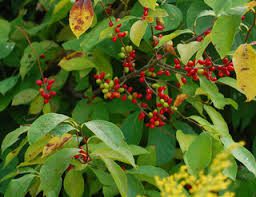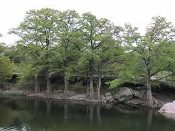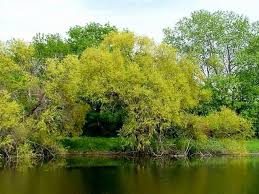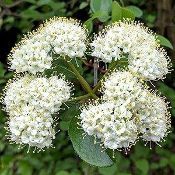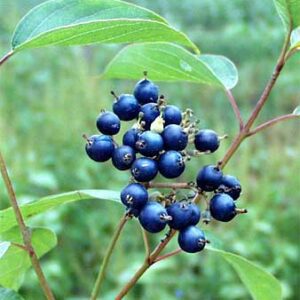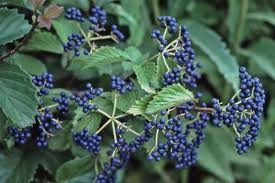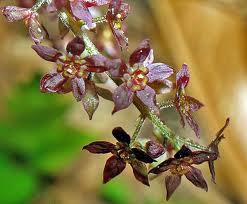Lindera benzoin, Northern Spicebush 12-18″ Wholesale Native Bare Root Shrubs
$8.00
725 in stock
Lindera benzoin, Northern Spicebush 12-18″ Wholesale Native Bare Root Shrubs
12-18″ Tree seedlings a minimum order of 5 (Five) bare root shrub seedlings or more of a single species.
Wholesale pricing is based on quantity.
5 or more $8.00 each
25 or more $3.00 each
50 or more $1.65 each
300 or more $1.50 each
500 or more Please call
For Shipping, Install and additional info please see “About Bare Root“.
Native bare root shrubs and trees are dug and shipped while dormant, late November to Mid April.
See all available Native Bare Root Shrubs
Check the native status of this species for your area via the USDA Plants Database here.
Order Minimum
There is a minimum order total of $150.00.
before tax (VA residents only) and shipping.
There are NO EXCEPTIONS.
Description
Lindera benzoin, Northern Spicebush 12-18″ Wholesale Native Bare Root Shrubs
A minimum purchase of 5 plants is required for this size/species.
Attractive Flowers:
Average to moist soil:
Beneficial Insects:
Butterflies:
Edible Fruit:
Erosion Control:
FACW – Usually occur in wetlands, but may occur in non-wetlands:
Flood Tolerant:
Fragrant:
Herbal / Medicinal Uses:
High Wildlife Value:
Loamy Soil – mostly silt, sand, some clay:
Medicinal Uses:
Moist Soil:
Native to Coastal Regions:
Native To Mountain Regions:
Native to Piedmont Regions:
Occasionally wet soil (non-tidal):
Part-Full Shade (less than 4 hours):
Part Sun-Part Shade :
Perennial:
Sandy soil, coarse texture:
Shrub:
Small Mammals:
Songbirds:
Threatened / Endangered:
Waterfowl:
Botanic Name: Lindera benzoin
Common Name: Northern spicebush
Sun Exposure:
- Part Sun
- Part Shade
- Full Shade
Soil moisture:
- Average
- Moist
- Wet
Soil Type:
- Clay
- Loamy
- Sandy
Mature height / spread: 6.5-14′
Flower: Yellow March-May
Fall Color: Gold
Fruit: Red Sept-Oct
Soil Ph: 4.5-6.5
Water depth:
Habitat: Spicebush is primarily an understory species, sometimes forming thickets, of rich, mesic sites on acidic to basic soils. Common habitats are low woods, swamp margins, and streamsides.
Notes:
Over 20 species of birds, as well as deer, rabbits, raccoons, and opossums have been recorded as browsing the leaves or eating the fruits. The fruits are a special favorite of wood thrushes. The spicebush swallowtail, Papilio Troilus (L.), lays its eggs on spicebush. There apparently are no commercial uses of spicebush, but the essential oils of leaves, twigs, and fruits have lent themselves for minor use for tea, and dried fruits have been used in fragrant sachets. Native Americans used dried fruits as a spice and the leaves for tea. Extracts have been used for drugs, including anti-arthritic, diaphoretic, emetic and herbal steam. The benzoin of drug trade is produced by species of Styrax (Styraceae). Because of its habitat in rich woods, early land surveyors and settlers used spicebush as an indicator species for good agricultural land.
Threatened /Endangered: Maine
Lindera benzoin, Northern Spicebush 12-18″ Wholesale Native Bare Root Shrubs
For Shipping, Install and additional info please see “About Bare Root“.
Native bare root shrubs and trees are dug and shipped while dormant, late November to Mid April.
See all available Native Bare Root Shrubs
Check the native status of this species for your area via the USDA Plants Database here.
Related products
-

Viburnum prunifolium, Blackhaw viburnum 12″ -18″ bare root shrubs
$8.00 Add to cart -

Cornus amomum, Silky Dogwood 18-24″ Wholesale Native Bare Root Shrubs
$8.00 Add to cart -

Viburnum dentatum, Southern Arrowwood 18-24″ Wholesale Native Bare Root Shrubs
$8.00 Add to cart -

Xanthorhiza simplicissima, Yellow Root, Wholesale Native Bare Root Perennials
$4.00 Add to cart
